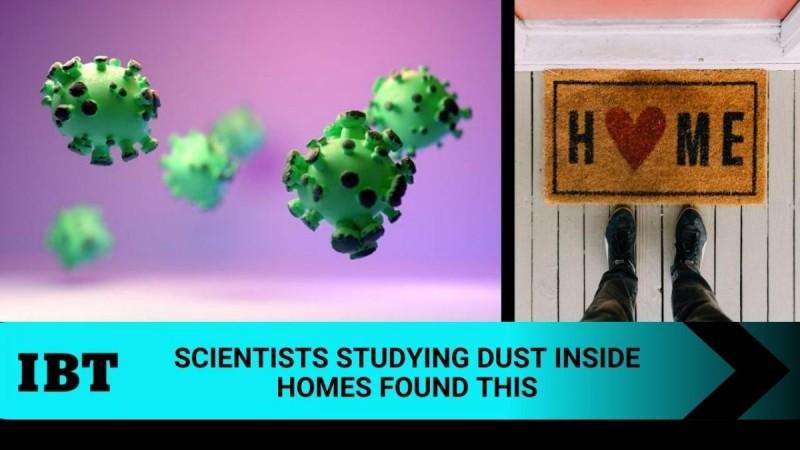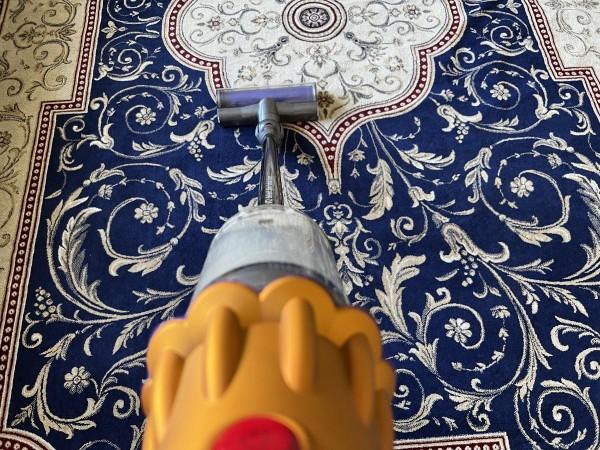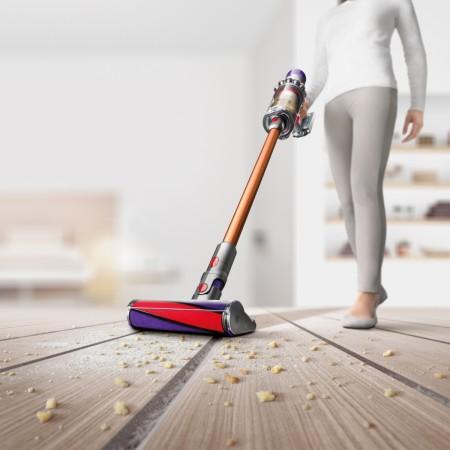COVID-19 pandemic has changed our cleaning habits by a lot. In India, 46% of Indians have significantly increased their frequency of cleaning and 2 in 3 Indians clean their homes 5-7 times a week, the most frequent in the entire Asia Pacific region. But cleaning right after learning of the threat that household dust poses to our health remains an untouched topic to a large extent.
We often consider our homes a safe haven, protecting us from outdoor dust and pollution. But our homes could well be worsening the allergies or even be the cause for it. It is surprising that while Indians are the most frequent cleaners, 40% of them consider dust to be relatively harmless. However, this could stem from a lack of awareness on what constitutes household dust even though in 69% of Indian homes at least 1 person suffers from dust-related health issues.

The revelation comes from Dyson's annual Dust Study 2022, undertaken by 32,282 respondents from 33 countries around the world. As per the Dyson Dust Study, Indians' lack of awareness in terms of household dust is surprising.
- 29% of Indians were surprised that skin flakes are a component of household dust
- 22% of Indians were unaware that household dust can carry virus particles
- 21% of Indians were unaware that pet allergens that triggers pet-related allergies can be found in household dust
- 35% of Indians thought that household dust was mostly made up of soil and sand
"One of the key contributors to these health issues is fine dust, which may or may not be seen with a naked eye. In India, we clean frequently, but traditional cleaning methods may still not be an answer for efficient cleaning. When we breathe in air containing fine dust, dust mites, skin flakes and other pollutants (present in household dust), we are vulnerable to a spectrum of respiratory manifestations. Individuals in certain age groups and with health conditions are more vulnerable to dust allergies than others. Young children, pregnant women, senior citizens or people with respiratory issues and disorders need to do their best to protect themselves from such pollutants," Dr. Lancelot Pinto, Consultant Pulmonologist, P.D Hinduja Hospital & MRC, explains.
![Dyson study shows we are cleaning our houses wrong; shows the way [details]](https://data1.ibtimes.co.in/en/full/758861/dyson-study-shows-we-are-cleaning-our-houses-wrong-shows-way-details.jpg?h=450&l=50&t=40)
Household dust is made up of dust mites, dust mites' faeces, bacteria, small insects, and other particles. What's more challenging is that these particles to the naked eye and spread everywhere including floors, sofas, and beds. A simple action such as sitting on a sofa causes particles to float in the air and can trigger an allergic reaction.
Cleaning the homes right!
While Indians are regularly cleaning their homes, effective cleaning is missing. There's been a positive shift in people's cleaning habits, like they are now cleaning their mattresses and sofas, which were often overlooked in the past. People spend roughly a third of their lives in our beds, but studies show that people hardly prioritise the cleaning of their mattresses. While it may look clean, a mattress may actually be a hot bed for millions of dust mites² which could be impacting your wellbeing while you sleep. But a majority of Indians, 54 percent, still neglect the mattresses and 72 percent neglect vacuuming curtains and blinds assuming they're clean.

Dusting, brushing, dry cloth and wet mop cleaning are commonly used methods, but they only make the surface look clean. In fact, the study reveals that sweeping and dusting can agitate dust and make it airborne.
Vacuum cleaning remains the most-effective cleaning method, yet only 39 percent of Indians use a vacuum to clean their homes while 65% use a wet mop, 67% dry cloth, 70% brush and pan.

"Using a wet cloth to clean surfaces is fine, but the sequence of cleaning tools matters. Dampening dust on floors – even fine dust invisible to the naked eye – could mean that you're creating a habitat more favourable to dust mite and mould proliferation," explains Monika. "Dust is most effectively removed with a vacuum cleaner first, before going on to wipe surfaces. Even then, it is important to use a vacuum cleaner with effective filtration and sealing technology to ensure that whatever you vacuum remains trapped and is not expelled back into the home."
Dyson's wide range of cord-free vacuum cleaners effectively cleans the surfaces and traps the dust in a sealed container.

















